Many people know that Tea has Health benefits and can improve complexion, and drinking tea regularly is good for the body. However, it's important to choose the right type of tea based on one's physical condition.
Women, in particular, have a slightly weaker constitution compared to men, and they also go through special periods such as menstruation and pregnancy. Therefore, there are more things women need to consider when drinking tea.

What should women be mindful of when drinking tea?
1. Drink tea according to your constitution and its nature
Based on the degree of fermentation, teas can be divided into six categories: Green Tea, black tea (red tea in China), yellow tea, White Tea, oolong tea, and dark tea.
The nature of these six types of tea differs, as does their impact on the human body. According to Traditional Chinese medicine, constitutions can be categorized as hot or cold, so it's essential to select the appropriate tea based on one's constitution.
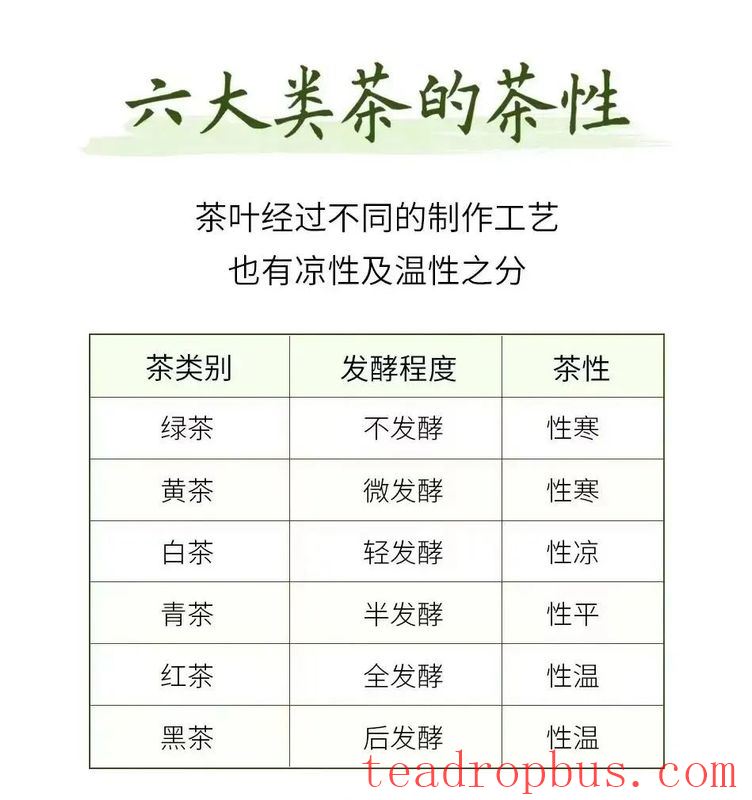
Green tea is cool in nature and suitable for those with a hot constitution or high stomach heat. Green tea has excellent radiation protection effects and is also ideal for those who work frequently on computers. However, pregnant women and those with a cold constitution should avoid drinking it.
White tea is also cool in nature, and the suitable audience is similar to that of green tea, but aged white tea is suitable for most people.
Yellow tea is cold in nature, and its benefits are largely similar to those of green tea, with the difference being in taste; green tea is refreshing, while yellow tea is rich and mellow.
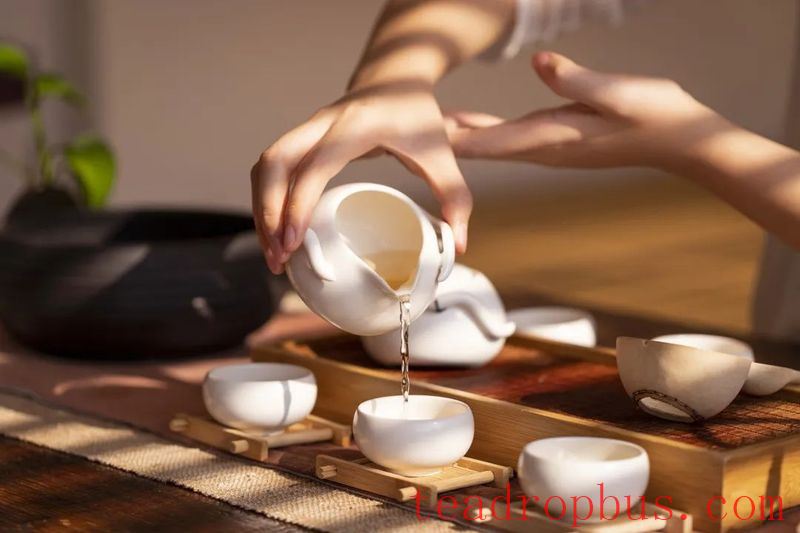
Oolong tea is neutral in nature, fragrant, and sweet in taste, making it suitable for a wide range of people, but those with gastrointestinal issues should not drink too much.
Black tea (red tea in China) is warm in nature and is suitable for those with cold hands and feet and a weak constitution.
Dark tea is warm in nature, helps eliminate greasy foods, and tastes better and is more beneficial after proper aging.
2. Drink more cooked tea and less raw tea
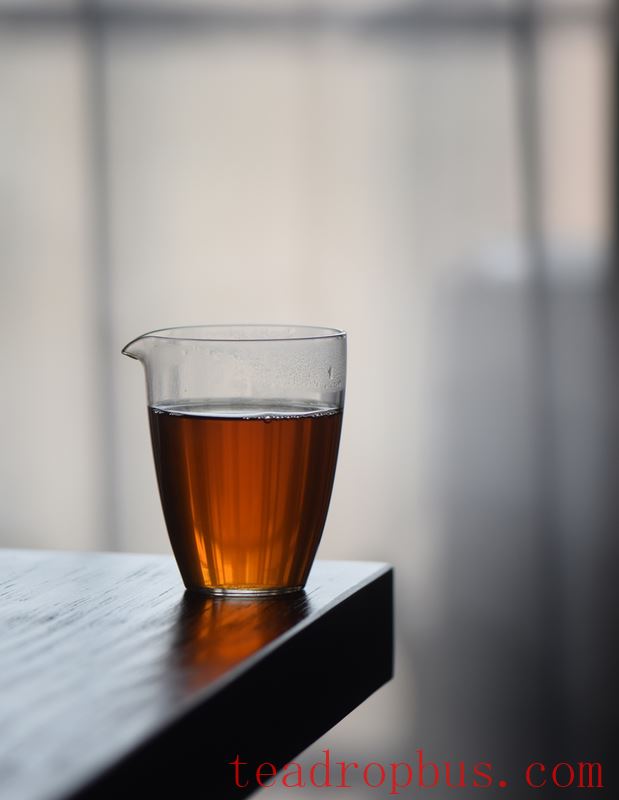
Both raw Pu'er and cooked Pu'er have similar effects in eliminating grease and aiding digestion. However, raw tea is not suitable for everyone, especially those with a cold constitution or a weak physique. Therefore, we recommend that women drink more cooked tea and less raw tea.
Cooked tea is not stimulating, goes down smoothly and warms the stomach, and can be brewed with ingredients like tangerine peel and dates for both taste and health benefits.
3. Choose to drink less tea during menstruation
During menstruation, women lose iron through menstrual blood. Therefore, women should consume more iron-rich fruits and vegetables such as spinach, grapes, and apples during this time.
However, they should not drink too much tea, particularly cool-natured teas. The polyphenols and caffeine in tea can be somewhat stimulating and may exacerbate the tension and discomfort associated with menstruation.
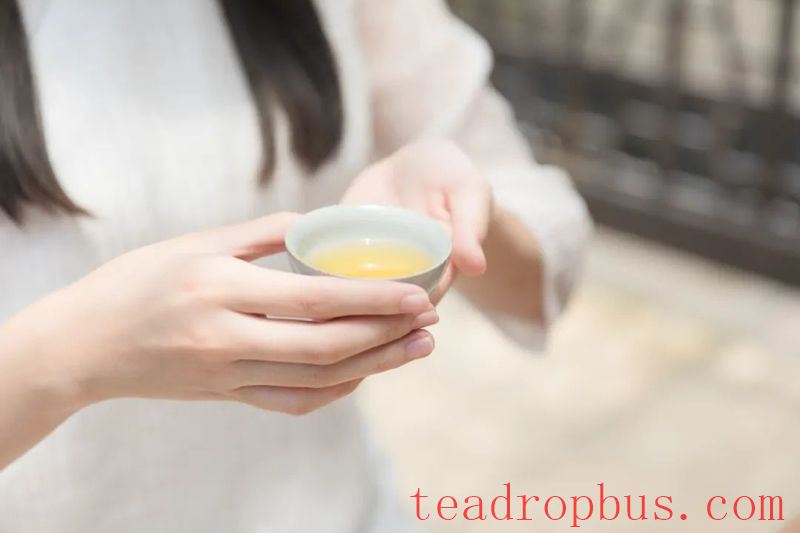
4. Do not drink strong tea during pregnancy
Pregnant women need to pay attention to many aspects of their diet. Can pregnant women drink tea? The answer is yes, but there are a few things to keep in mind:
Green tea is recommended: Green tea contains beneficial components like zinc and vitamin C. If a pregnant woman drinks 2-5 grams of light green tea daily, it can strengthen heart and kidney function, promote blood circulation, prevent pregnancy-induced edema, and support fetal growth and development.
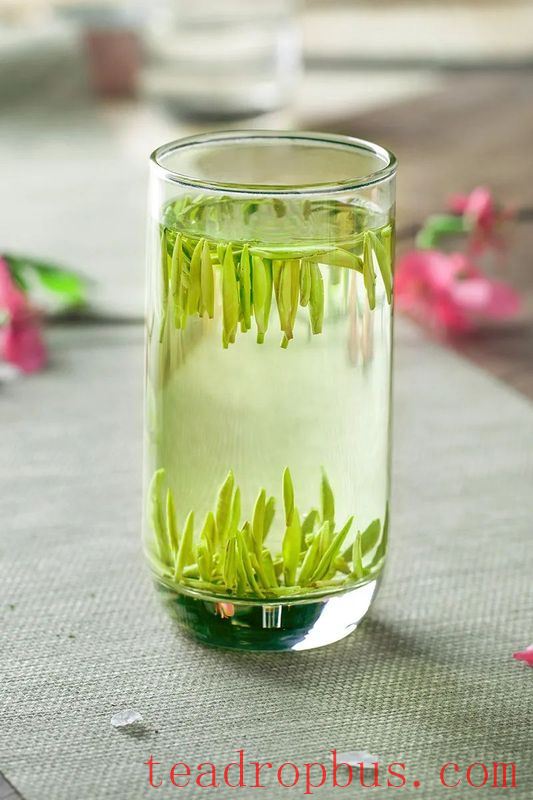
Black tea (red tea in China) is not recommended: Tea contains 2-5% caffeine. Drinking large amounts of strong tea, particularly black tea, can have an exciting effect on the body, increasing fetal movement and potentially affecting fetal development, leading to lower birth weight.
Avoid strong tea: Drinking strong tea can increase urination and heart rate in pregnant women, placing additional strain on the heart and kidneys, which is not conducive to the health of both mother and fetus.
Due to individual differences, pregnant women should consult a doctor before drinking tea.
5. Do not drink large quantities of tea while breastfeeding
Mothers who are breastfeeding can drink a small amount of tea, but they should not drink large quantities. Ideally, it would be best not to drink tea at all.
Drinking large quantities of tea means that tannins will be absorbed by the stomach lining and enter the bloodstream, causing a constricting effect and inhibiting breast milk production, leading to insufficient milk supply.
Additionally, some substances from the tea can be passed to the infant through breastfeeding, which can be overly stimulating for the baby. Therefore, it is best to drink little or no tea while breastfeeding.
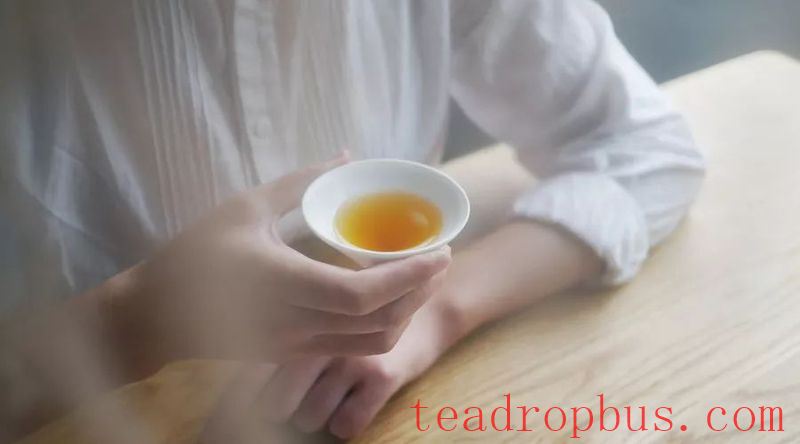
6. Do not drink excessive amounts of tea during menopause
Women begin entering menopause around the age of forty-five, experiencing symptoms such as dizziness, fatigue, palpitations, insomnia, nightmares, significant mood swings, and irregular menstruation.
Moderate tea consumption can help alleviate anxiety and depression during menopause. However, excessive tea drinking can be overstimulating and exacerbate symptoms like insomnia, so moderation is key.